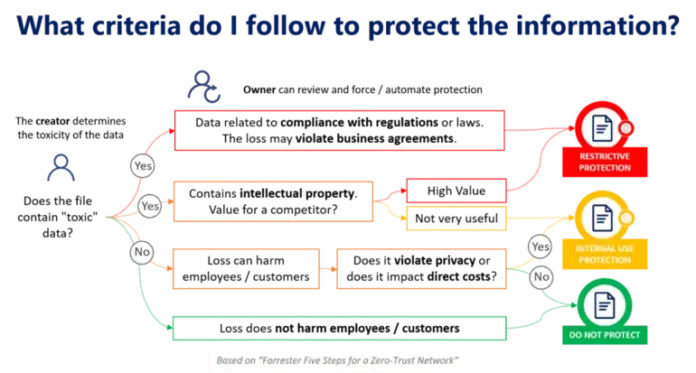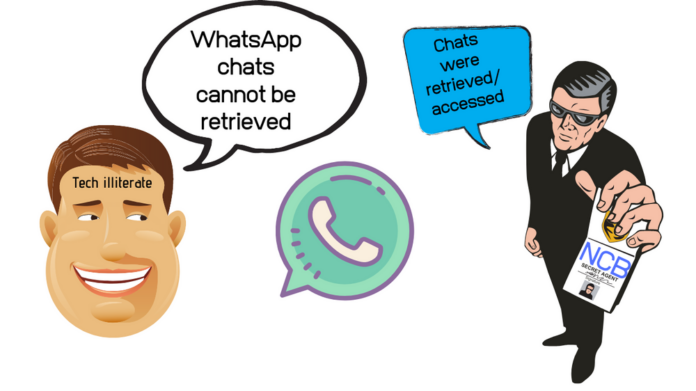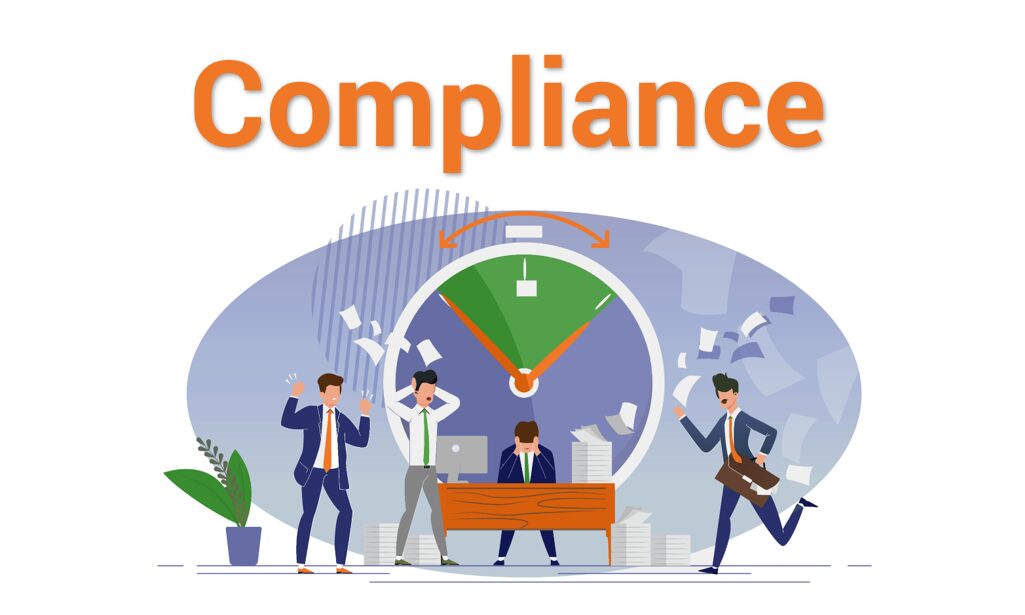Encryption is an important security measure for any company to take. Encryption can prevent hackers from accessing your data, protect customers’ identities and property rights in the event of a breach (legally binding requirements), and help meet legal obligations such as HIPPA compliance or PSD2 implementation across international borders into Europe Union countries where it will be required soon enough. Most importantly, encryption can enable you with peace of mind knowing that what happens internally stays inside! In this blog post, KeyFactor will discuss each of these reasons in more detail and explain why encryption is so important for businesses.
The Risks Of Not Encrypting Your Data
If you don’t encrypt your data, anyone can see it. That means that any hacker who gains access to your system will be able to read everything about you and your company, including passwords and credit card numbers. And if they want, they could even delete or modify the information without being detected by security systems like firewalls or antivirus software programs. This makes it very difficult for businesses to protect their customers’ privacy because hackers know exactly how easy it is for them to steal sensitive information from companies that aren’t using encryption technology properly!
Encrypting your data is one of the best ways to protect it from hackers. When you encrypt a file or document, it will appear as gibberish on anyone else’s computer who doesn’t have access rights granted by someone in authority over at least that portion of the network infrastructure (e.g. your company’s CEO, CTO, CISO). Encryption is used in a variety of industries to protect everything from credit card numbers to email communications. It’s also an important part of meeting compliance requirements for organizations such as HIPAA and PCI DSS.
The Benefits Of Encryption

Encrypting data helps ensure confidentiality and integrity of communication between two parties – this is especially important when dealing with sensitive business transactions like financial transactions where one person’s credit score could be damaged if that information was leaked. Encryption can also help protect companies from lawsuits. For example, if a company’s customer data is stolen and didn’t take the proper precautions to encrypt that data, they may be held liable for not protecting their customers’ privacy. This can cost millions in lawsuits and damages paid out to those affected by the breach.
There are many different types of encryption, but they all have one thing in common: They make it harder for hackers or cybercriminals to read your files or access information on your computer. The most common type is symmetric key cryptography where two parties share a secret key for encryption and decryption purposes – this is also known as symmetric cryptography. Asymmetric key cryptography uses public/private pairs: One person has the private encryption (decryption) key while another has only been given access rights to one aspect of that same system infrastructure via an authorized proxy such as SSH tunneling through which they can decrypt the data without ever having access to the private key.
How To Encrypt Your Data

There are many different ways to encrypt your data, but AES is one of the most popular methods (Advanced Encryption Standard). This method uses a strong algorithm to create an encrypted file or message that can only be read by someone who has the correct key. There are also software programs available to help businesses encrypt their data automatically.
There are a few reasons why your company should encrypt their data. First of all, the risks of not encrypting your data are high. If your data is stolen or compromised in any way, you could face serious financial consequences. Furthermore, encrypting your data can help protect your privacy and keep your information confidential.
Encryption also has a number of benefits for businesses. It can help improve communication and collaboration between employees, and it can also make it easier to comply with regulations and laws. In addition, encryption can help deter hackers and other cyber threats.
Encrypting your data is an important step to take if you want to protect it from hackers and other cyber threats. It also has many benefits for businesses, like improving communication and collaboration between employees as well as making it easier to comply with regulations and laws. If you’re not sure whether or not your company is encrypted, there are a few things you can do. You can ask your IT department for more information, or you can use a tool like Microsoft’s Office 365 to encrypt your data automatically. If you’re still not sure what to do, contact a professional for help.
What To Do If You’re Not Sure Whether Or Not Your Company Is Encrypted
If you aren’t sure whether your company is encrypted, a few things can help. The first thing to do is check with your IT department or another person who knows about encryption technology in general. They should be able to tell you if the data on their servers has been encrypted properly or not-and even give advice as needed! If they don’t know anything about it themselves, then contact an expert for assistance because this could potentially cause serious problems down the line when dealing with sensitive information like customer credit card numbers and passwords.
Encryption Myths Busted

There are a few encryption myths that need to be busted. The first is the myth that encryption is only for large businesses. This is not true! Encryption can help protect any business, no matter how small it may be. The second myth is that encrypting data makes it difficult to access or use. This also isn’t true! Encrypted data can be easier to use than unencrypted data because it’s less likely to get corrupted or lost. And finally, there’s a myth that encrypting data takes too much time or effort-which isn’t true either! Encrypting your company’s sensitive information shouldn’t take any longer than two minutes per file type (e.g., document versus spreadsheet).
Final Thoughts
Encryption is a great way to protect your customers’ privacy, as well as the security of your business. If you’re unsure whether or not data within existing encryption should be used- there are plenty of resources available for guidance! Remember: this isn’t just something only big businesses can take advantage of. Any company could benefit from employing these strategies today, so they don’t get hacked tomorrow when their competitors already have access because all companies will eventually fall victim no matter how strong our immune system may seem on paper at first glance.







